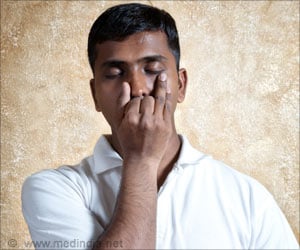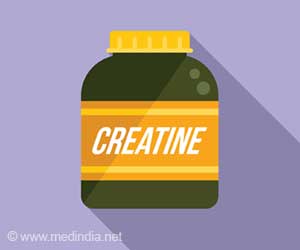Body Dysmorphic Disorder is a severe psychological condition where individuals obsess over perceived flaws, leading to significant distress and impaired functioning.
- Body Dysmorphic Disorder (BDD) sufferers often experience greater daily impairment and higher suicide risk than those with eating disorders
- Indicators of BDD include excessive mirror checking, constant comparisons, and seeking cosmetic procedures
- Effective treatments include Cognitive Behavioral Therapy (CBT) and Selective Serotonin Reuptake Inhibitors (SSRIs)
Body dysmorphic disorder (BDD)
Go to source).
People with Body Dysmorphic Disorder (BDD) have a higher risk of suicide compared to those with eating disorders. #mentalhealth #medindia’
Key Differences Between BDD and Eating Disorders
People with BDD and eating disorders share similar negative emotions about their bodies, such as shame, disgust, and anger. They might also engage in similar behaviors like:- Mirror checking excessively
- Taking frequent photos to scrutinize their appearance
- Seeking reassurance from others about their looks
- Using clothing to camouflage perceived flaws
Perception of Weight: People with eating disorders might view themselves as overweight even when underweight. In contrast, those with BDD see themselves as ugly or disfigured despite appearing normal or attractive to others.
Prevalence: BDD is more common than bulimia or anorexia. Impairment: People with BDD often experience greater impairment in daily functioning compared to those with eating disorders.
Suicide Risk: BDD carries a higher risk of suicide than eating disorders.
When Appearance Concerns Become Problematic
Some indicators that can distinguish BDD from normal concerns about appearance are:Time Spent Obsessing: People with BDD spend a significant amount of time (hours daily) fixated on perceived flaws.
Severity of Distress: They feel much worse about their appearance than those with normal concerns and experience intense anxiety, depression, shame, and self-loathing.
Common Behaviors Associated with BDD
- Camouflaging perceived flaws with clothing and makeup
- Constantly comparing oneself to others
- Excessive mirror checking and use of reflective surfaces
- Seeking cosmetic procedures like surgery and dermatology
- Taking repeated photos to scrutinize appearance
- Seeking reassurance from others or trying to convince them of a flaw's unattractiveness
- Touching the perceived flaw repeatedly
- Excessively changing clothes
- Dieting and skin picking to improve appearance
- Engaging in excessive exercise or weightlifting
Causes of Body Dysmorphic Disorder
The exact causes of BDD are unknown, but potential contributing factors include:- Genetics
- Childhood bullying or teasing about appearance
- Childhood maltreatment or trauma
- Growing up in an appearance-focused family
- Perfectionistic standards concerning appearance
- Exposure to unrealistic beauty ideals in media
Brain Abnormalities and BDD
Studies suggest abnormalities in brain function might be linked to BDD. For instance, some research shows a bias in processing visual information, with a focus on details rather than the whole picture. This could contribute to the distorted body image experienced by those with BDD.
Effective Treatments for BDD
Effective treatments are available for BDD:Cognitive Behavioral Therapy (CBT): Therapists help patients modify negative thoughts and beliefs about their appearance and eliminate problematic behaviors like mirror checking.
Medication: Selective serotonin reuptake inhibitors (SSRIs) can reduce cognitive distortions, depression, anxiety, and compulsive behaviors. They can also improve mood and daily functioning.
Reference:
- Body dysmorphic disorder (BDD) - (https://www.betterhealth.vic.gov.au/health/conditionsandtreatments/body-dysmorphic-disorder-bdd)
Source-Medindia










